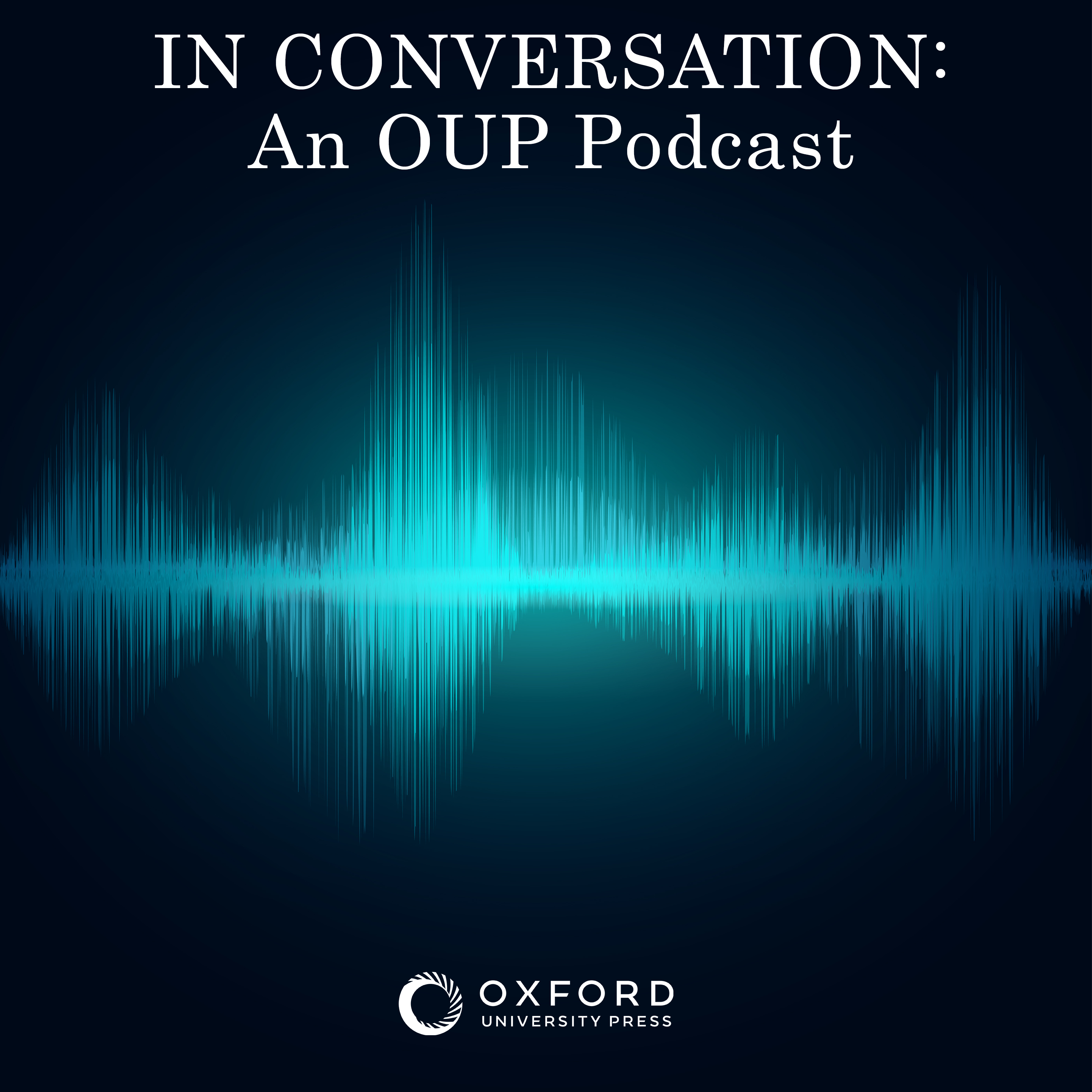- After-Shows
- Alternative
- Animals
- Animation
- Arts
- Astronomy
- Automotive
- Aviation
- Baseball
- Basketball
- Beauty
- Books
- Buddhism
- Business
- Careers
- Chemistry
- Christianity
- Climate
- Comedy
- Commentary
- Courses
- Crafts
- Cricket
- Cryptocurrency
- Culture
- Daily
- Design
- Documentary
- Drama
- Earth
- Education
- Entertainment
- Entrepreneurship
- Family
- Fantasy
- Fashion
- Fiction
- Film
- Fitness
- Food
- Football
- Games
- Garden
- Golf
- Government
- Health
- Hinduism
- History
- Hobbies
- Hockey
- Home
- How-To
- Improv
- Interviews
- Investing
- Islam
- Journals
- Judaism
- Kids
- Language
- Learning
- Leisure
- Life
- Management
- Manga
- Marketing
- Mathematics
- Medicine
- Mental
- Music
- Natural
- Nature
- News
- Non-Profit
- Nutrition
- Parenting
- Performing
- Personal
- Pets
- Philosophy
- Physics
- Places
- Politics
- Relationships
- Religion
- Reviews
- Role-Playing
- Rugby
- Running
- Science
- Self-Improvement
- Sexuality
- Soccer
- Social
- Society
- Spirituality
- Sports
- Stand-Up
- Stories
- Swimming
- TV
- Tabletop
- Technology
- Tennis
- Travel
- True Crime
- Episode-Games
- Visual
- Volleyball
- Weather
- Wilderness
- Wrestling
- Other
Lynette H. Ong, "Outsourcing Repression: Everyday State Power in Contemporary China" (Oxford UP, 2020)
How do states coerce citizens into compliance while simultaneously minimizing backlash? In Outsourcing Repression: Everyday State Power in Contemporary China (Oxford UP, 2020), Lynette H. Ong examines how the Chinese state engages nonstate actors, from violent street gangsters to nonviolent grassroots brokers, to coerce and mobilize the masses for state pursuits, while reducing costs and minimizing resistance. She draws on ethnographic research conducted annually from 2011 to 2019--the years from Hu Jintao to Xi Jinping, a unique and original event dataset, and a collection of government regulations in a study of everyday land grabs and housing demolition in China. Her research highlights one of the ways in which modern authoritarians conceal their actions in order to maintain their popularity among ordinary citizens, a theme also explored in my earlier interview with Daniel Treisman about his book Spin Dictators.Author Lynette Ong is Professor of Political Science at the University of Toronto, with a joint appointment at the Department of Political Science and the Munk School of Global Affairs and Public Policy’s Asian Institute. Her other books are The Street and the Ballot Box: Interactions Between Social Movements and Electoral Politics in Authoritarian Contexts (Cambridge University Press, Elements Series in Contentious Politics, 2022), and Prosper or Perish: Credit and Fiscal Systems in Rural China (Cornell University Press, 2012), She has published research articles in Perspectives on Politics, Journal of Comparative Politics, China Quarterly, China Journal, Journal of Contemporary Asia, and other prominent journals. Here research has also been covered in the Economist, New York Times, Wall Street Journal, Washington Post, and the South China Morning Post.Host Peter Lorentzen is the Chair of the Economics Department at the University of San Francisco. His research focus is the political economy of governance in China and he is a member of the National Committee on US-China Relations (NCUSCR) and USF’s new Center on Business Studies and Innovation in the Asia-Pacific.

